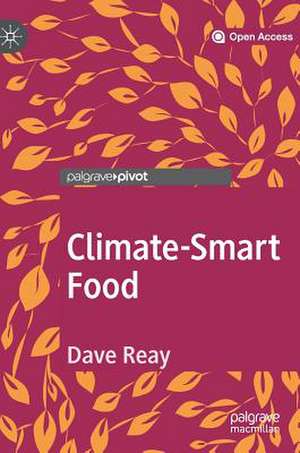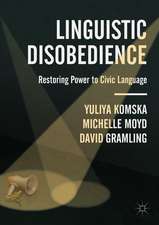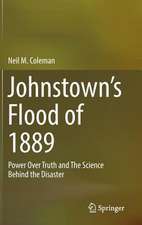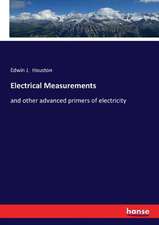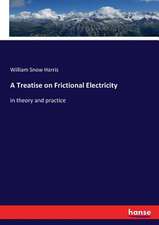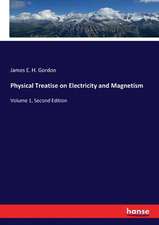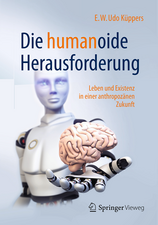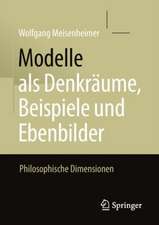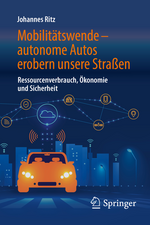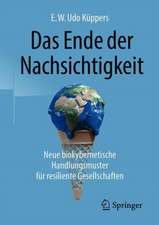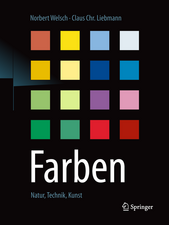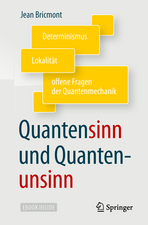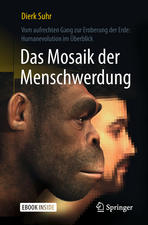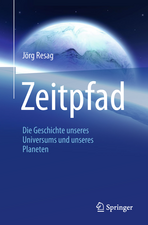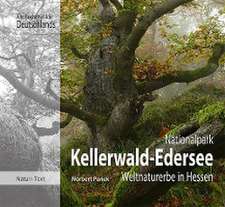Climate-Smart Food
Autor Dave Reayen Limba Engleză Hardback – 9 iul 2019
This open access book asks just how climate-smart our food really is. It follows an average day's worth of food and drink to see where it comes from, how far it travels, and the carbon price we all pay for it. From our breakfast tea and toast, through breaktime chocolate bar, to take-away supper, Dave Reay explores the weather extremes the world’s farmers are already dealing with, and what new threats climate change will bring. Readers will encounter heat waves and hurricanes, wildfires and deadly toxins, as well as some truly climate-smart solutions. In every case there are responses that could cut emissions while boosting resilience and livelihoods. Ultimately we are all in this together, our decisions on what food we buy and how we consume it send life-changing ripples right through the global web that is our food supply.
As we face a future of 10 billion mouths to feed in a rapidly changing climate, it’s time to get to know our farmers and herders, our vintners and fisherfolk, a whole lot better.
| Toate formatele și edițiile | Preț | Express |
|---|---|---|
| Hardback (2) | 136.86 lei 3-5 săpt. | +20.55 lei 4-10 zile |
| Springer – 9 iul 2019 | 136.86 lei 3-5 săpt. | +20.55 lei 4-10 zile |
| Saint Philip Street Press – 8 oct 2020 | 199.44 lei 3-5 săpt. | +38.51 lei 4-10 zile |
Preț: 136.86 lei
Nou
Puncte Express: 205
Preț estimativ în valută:
26.19€ • 27.24$ • 21.62£
26.19€ • 27.24$ • 21.62£
Carte disponibilă
Livrare economică 24 martie-07 aprilie
Livrare express 07-13 martie pentru 30.54 lei
Preluare comenzi: 021 569.72.76
Specificații
ISBN-13: 9783030182052
ISBN-10: 3030182053
Pagini: 207
Ilustrații: XIV, 201 p. 16 illus. in color.
Dimensiuni: 148 x 210 x 20 mm
Greutate: 0.5 kg
Ediția:1st ed. 2019
Editura: Springer
Colecția Palgrave Pivot
Locul publicării:Cham, Switzerland
ISBN-10: 3030182053
Pagini: 207
Ilustrații: XIV, 201 p. 16 illus. in color.
Dimensiuni: 148 x 210 x 20 mm
Greutate: 0.5 kg
Ediția:1st ed. 2019
Editura: Springer
Colecția Palgrave Pivot
Locul publicării:Cham, Switzerland
Cuprins
Recenzii
Notă biografică
Dave Reay is Professor of Carbon Management at the University of Edinburgh, UK. He has studied climate change for over 20 years, from warming impacts in the Southern Ocean, through carbon fluxes in forests, to greenhouse gas emissions from wetlands and agriculture. In 2018 he received the Chancellor’s Award for Teaching for his work in climate change education. His latest project involves managing a large area of coastal land in Scotland to regrow native tree species and trap a lifetime’s carbon.
Textul de pe ultima copertă
This open access book asks just how climate-smart our food really is. It follows an average day's worth of food and drink to see where it comes from, how far it travels, and the carbon price we all pay for it. From our breakfast tea and toast, through breaktime chocolate bar, to take-away supper, Dave Reay explores the weather extremes the world’s farmers are already dealing with, and what new threats climate change will bring. Readers will encounter heat waves and hurricanes, wildfires and deadly toxins, as well as some truly climate-smart solutions. In every case there are responses that could cut emissions while boosting resilience and livelihoods. Ultimately we are all in this together, our decisions on what food we buy and how we consume it send life-changing ripples right through the global web that is our food supply.
As we face a future of 10 billion mouths to feed in a rapidly changing climate, it’s time to get to know our farmers and herders, our vintners and fisherfolk, a whole lot better.
Dave Reay is Professor of Carbon Management at the University of Edinburgh, UK. He has studied climate change for over 20 years, from warming impacts in the Southern Ocean, through carbon fluxes in forests, to greenhouse gas emissions from wetlands and agriculture. In 2018 he received the Chancellor’s Award for Teaching for his work in climate change education. His latest project involves managing a large area of coastal land in Scotland to regrow native tree species and trap a lifetime’s carbon.
Caracteristici
Discusses the challenges of food security in the 21st century
Compares how climate smart different types of food are
Challenges readers to think about their own food and how they get it
This is an Open Access title
Compares how climate smart different types of food are
Challenges readers to think about their own food and how they get it
This is an Open Access title
